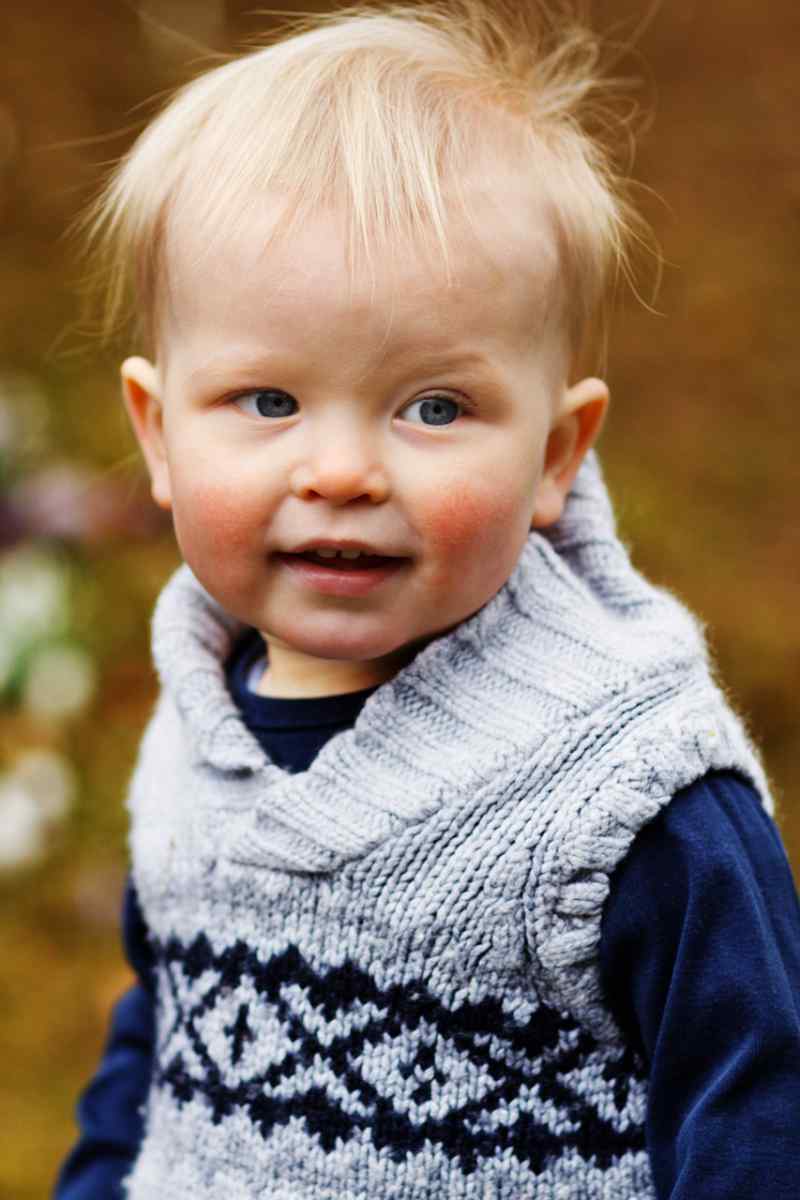Submitted by administrator on
The prospect of first eye tests with young children can be daunting. Add to that the complication of a test for a child with special needs or a disability and the pressure levels can be escalated.
In a society of inclusivity and equal opportunities, hospitals may have Special Needs Liaison Officers to assist with consultations. Local Council Learning Disability Teams can be involved with families pre-examination and can implement the use of story boards or social stories to explain the procedures adopted at a routine ophthalmic examination.
Testing at early years is important for the following reasons;
- Near vision
- Distance vision
- Eye teaming (binocularity)
- Eye movement
- Accommodation (focusing skills)
- Peripheral vision
- Eye–hand coordination
It is of course likely that a child with a disability will already have difficulty in some of these early testing criteria. However, in many cases, children in these circumstances are unable or find it difficult to converse to adults, parents or guardians that they are experiencing problems. It is thus very important to ensure that regular and most importantly, early checks are made for any visual issues at their local opticians.
Little Boy Looking by Petr Kratochvil (Image)

